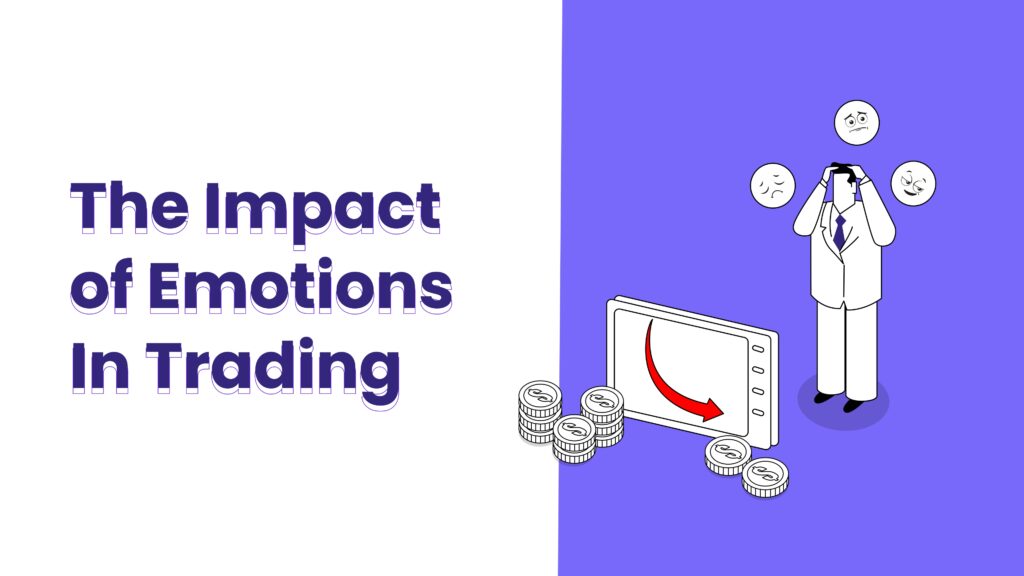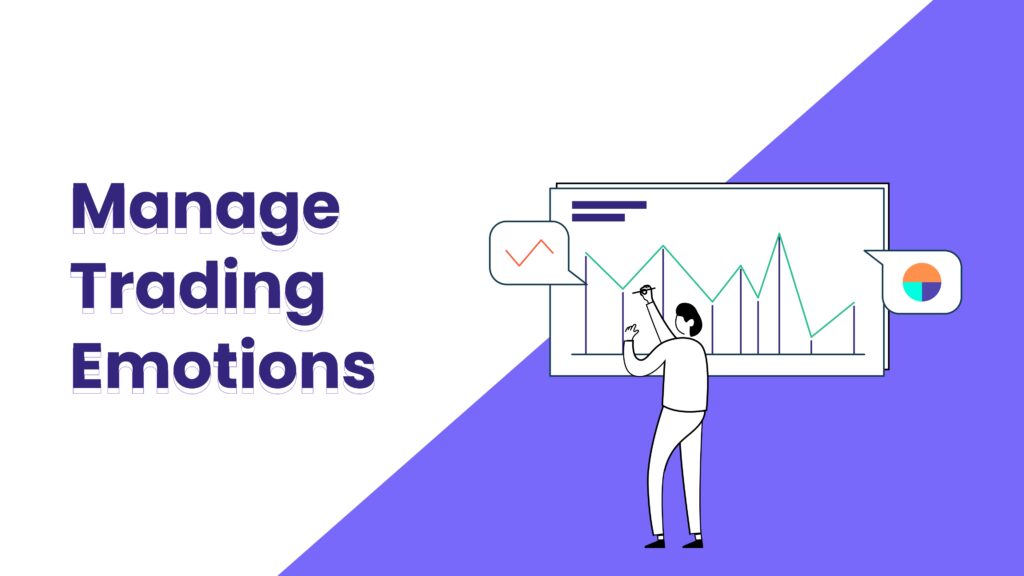




Risk Disclosure: Orion Wealth Academy is owned by Orion Academy Pte. Ltd. (UEN: 202310311E). All investments carry significant risks, including the potential loss of your capital. ORION Wealth Academy’s seminars, courses, and programs are conducted by experts with specialized knowledge in their fields. We do not guarantee profits or protection from loss. Past performance is not indicative of future results. Participants should consider their financial situation, risk tolerance, and investment experience, and trade only with capital they can afford to lose. Leverage can amplify both profits and losses. Our content is for educational purposes only and does not constitute financial advice or investment recommendations. We strongly advise seeking independent financial advice before making any investment decisions. ORION Wealth Academy is not responsible for any financial losses incurred.
Subscribe now to keep reading and get access to the full archive.
We noticed you're visiting from Singapore. We've updated our prices to Singapore dollar for your shopping convenience. Use United States (US) dollar instead. Dismiss